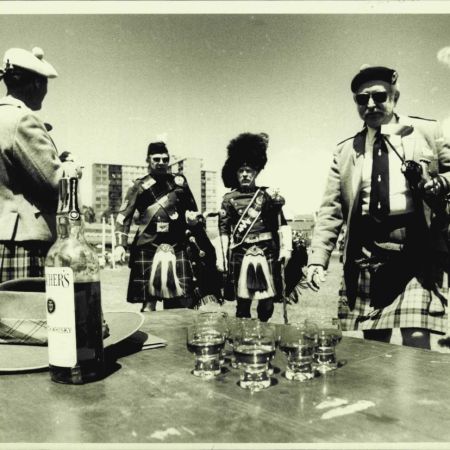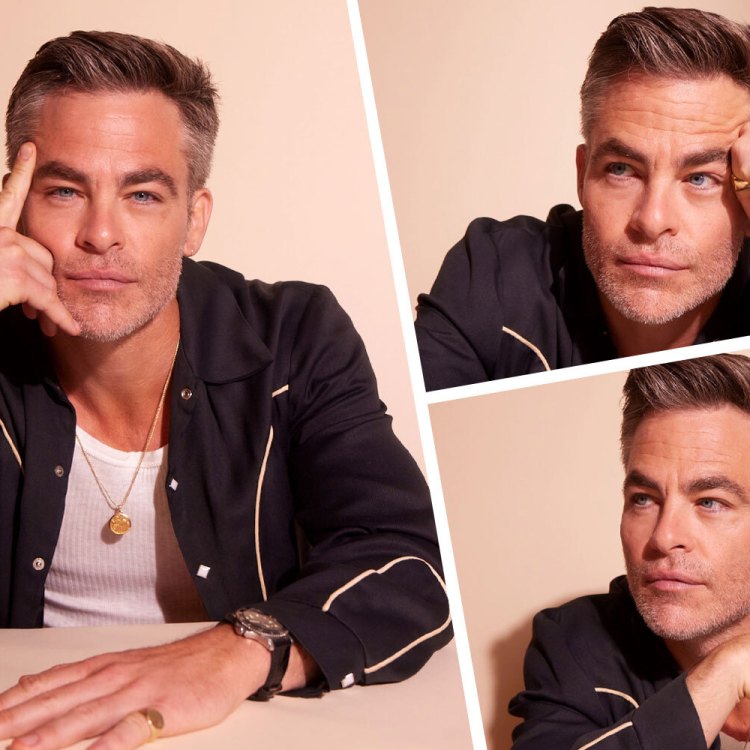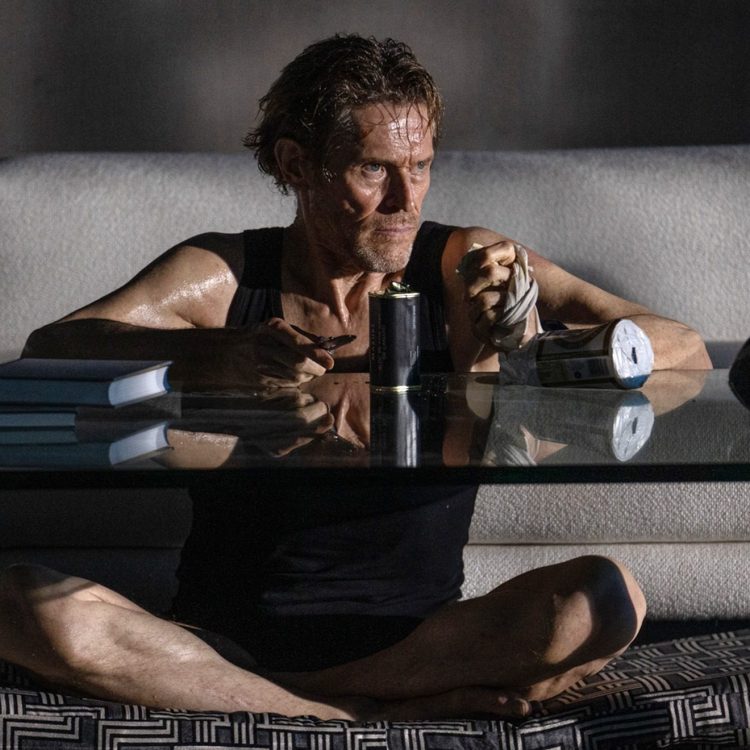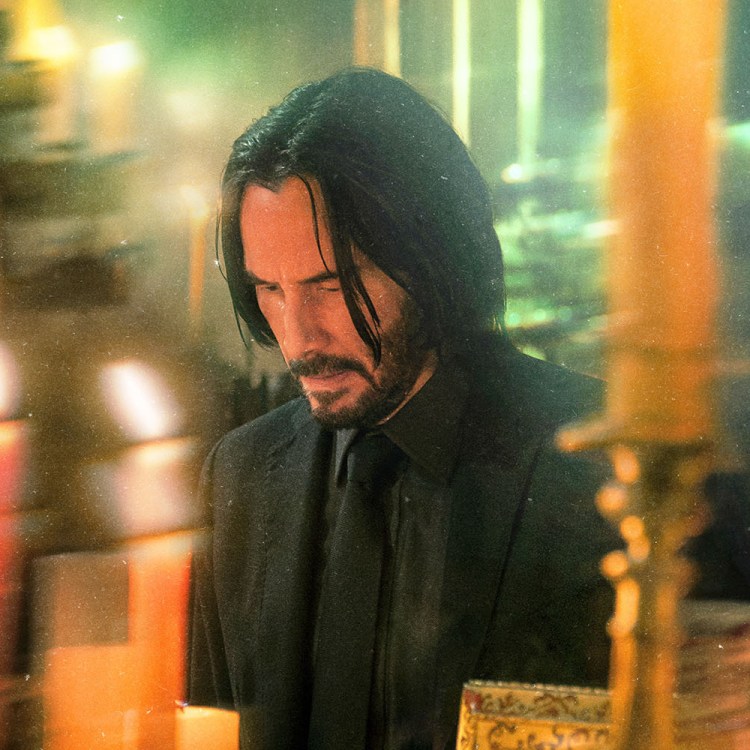The year is 1989. Communism is slowly starting to crumble across the Eastern Bloc, as is the apartheid system in South Africa; George H.W. Bush is sworn in as the 41st President of the United States; the Exxon Valdez spills over 200,000 gallons of off the coast of Alaska; the Berlin Wall falls; Lucille Ball and Ayatollah Khomeini die; Taylor Swift and Alexandria Ocasio-Cortez are born. It’s the end of the ’80s. What can go wrong?
If you’re Clark Griswold the answer is, of course, every damn thing. Although he died nearly 200 years before any of the National Lampoon movies, I’m pretty sure Robert Burns was talking about the misadventures of Chevy Chase’s best character when he wrote, “The best laid schemes o’ mice an’ men / Gang aft a-gley.” The best-laid plans are always just an opening for disaster to creep in.
In the grand scheme of things, National Lampoon’s Christmas Vacation feels like the more natural sequel to 1983’s National Lampoon’s Vacation, with 1985’s European Vacation reading more like a rushed attempt to capitalize on the original film’s popularity. Although it has John Hughes’s name attached to it, the Griswolds’ trek across Europe was truly writer Robert Klane’s work, and Amy Heckerling replaced Harold Ramis as director. Both the road-trip film and the Christmas film are based on short stories Hughes wrote for National Lampoon (“Vacation ’58” and “Christmas ‘59,” respectively), while European Vacation was created using scraps of Hughes’s ideas. And while Heckerling is a great director who has produced some all-time comedy classics (Fast Times at Ridgemont High, Clueless), she wasn’t from the National Lampoon school like her directing predecessor, Ramis, who came up writing and performing alongside the comedy giants the magazine produced.
European Vacation does have its merits, especially as a kind of buffer between the two films that bookend it. Christmas is unique in that we see the Griswold clan at home for this first time, with the entire extended family flocking to suburban Chicago for the holidays. And the interim period also gave Hughes — who at the time was moving on from his teen-movie days from into more family-friendly fare — a chance to hop back into Clark’s dysfunctional world.
It was a challenge he took on headlong, acting as co-writer and producer for the film and altering the course of Christmas movies in a way that is still being felt to this day. The film posits that a holiday that is supposedly about peace and goodwill is really just an incubator for disaster, and that holiday cheer can turn into a horror show rather quickly, especially when Clark Griswold is playing host.
Christmas Vacation isn’t the first ‘80s film to show that things can go wrong during the holiday. Five years earlier, Gremlins happened. And a year before Christmas Vacation, two other movies were added to the list of all-time Christmas favorites, with Bill Murray putting a modern spin on Charles Dickens’s A Christmas Carol in Scrooged and Bruce Willis starring in Die Hard, the action movie that isn’t really a Christmas movie (even though it is).
But where those movies depend on nefarious evil forces like ghosts, terrorists and possessed rodents, Christmas Vacation takes a look at the scariest thing of all: family. Up until that point, Christmas films were treated with a sort of reverence, pushing forth that narrative that everything about the holidays is merry and blissful. Hans Gruber could kidnap whoever he wanted and a hundred Gremlins could melt into a pile of green goo once the sun came up, but being with family and celebrating Christmas — those were sacred, wholesome things.
And that’s what sets Christmas Vacation apart from not only the rest of the Christmas canon: that Clark’s intentions to have a happy, peaceful and joyous Christmas with his wife, kids, parents, in-laws and decrepit aunt and uncle are futile ones. What he gets instead is a cat wrapped up like a Christmas present, a shitty boss who gives him a Jelly of the Month Club subscription instead of an actual bonus, yuppie neighbors, several near-death experiences and, most importantly, Cousin Eddie and his kin showing up in their RV.
It’s not just Clark’s best-laid plans that are blown up, but also his sanity. And if you’ve ever spent an inordinate amount of time with your own family during the holidays, you can probably sympathize with his plight. People yell, they fight, things break … nothing ever goes according to plan.
The Griswold family version of this is, of course, exaggerated by orders of magnitude. Ultimately, what makes the film that celebrates its 30th anniversary this year so iconic aren’t the great lewks or the Marty Moose glass eggnog mugs — it’s Clark’s inevitable blow-up. It’s him yelling “We’re gonna press on, and we’re gonna have the hap, hap, happiest Christmas since Bing Crosby tap-danced with Danny fucking Kaye. And when Santa squeezes his fat white ass down that chimney tonight, he’s gonna find the jolliest bunch of assholes this side of the nuthouse” like a demented Custer leading his troops into a battle they surely won’t survive.
But they do. In true Christmas-movie fashion, everything turns out OK in the end. Clark gets his bonus, his boss doesn’t press charges after Cousin Eddie kidnaps him, and everybody survives.
Beyond all the chaos, Christmas Vacation gives us an honest look at how combustible things can be during the holidays. It’s about the lengths we’ll go to in order to have the “perfect” holiday, and how unrealistic those expectations are. It’s still got enough of that old National Lampoon cynicism, but it’s glossed over with a particular end-of-the-1980s sheen. Up until that point, we’d seen it all before; we knew that everything would be a little painful and hectic, but we also knew things would eventually be alright. Our lives would go back to normal, and then we’d probably do it all over again a year later.
That’s what makes National Lampoon’s Christmas Vacation the first and last film of its kind. The last great Christmas movie of the 1980s came out of the National Lampoon of the 1970s and laid the foundation for a new breed of holiday saga. And three decades later, it has become one of the all-time great Christmas movies. Time hasn’t worn down the movie’s funniest parts, but it also feels almost sweet, a little more innocent. National Lampoon’s Christmas Vacation made it OK to slaughter some sacred cows on the white snow next to the plastic Santa and took the air out of the myth of the perfect family Christmas, but still delivered a final note of of togetherness. It’s not a perfect Christmas film, and that’s really the point: nothing is perfect. It’s almost always certainly far from it, and nobody could pull that out of the holiday quite like Clark Griswold.
This article was featured in the InsideHook newsletter. Sign up now.


















